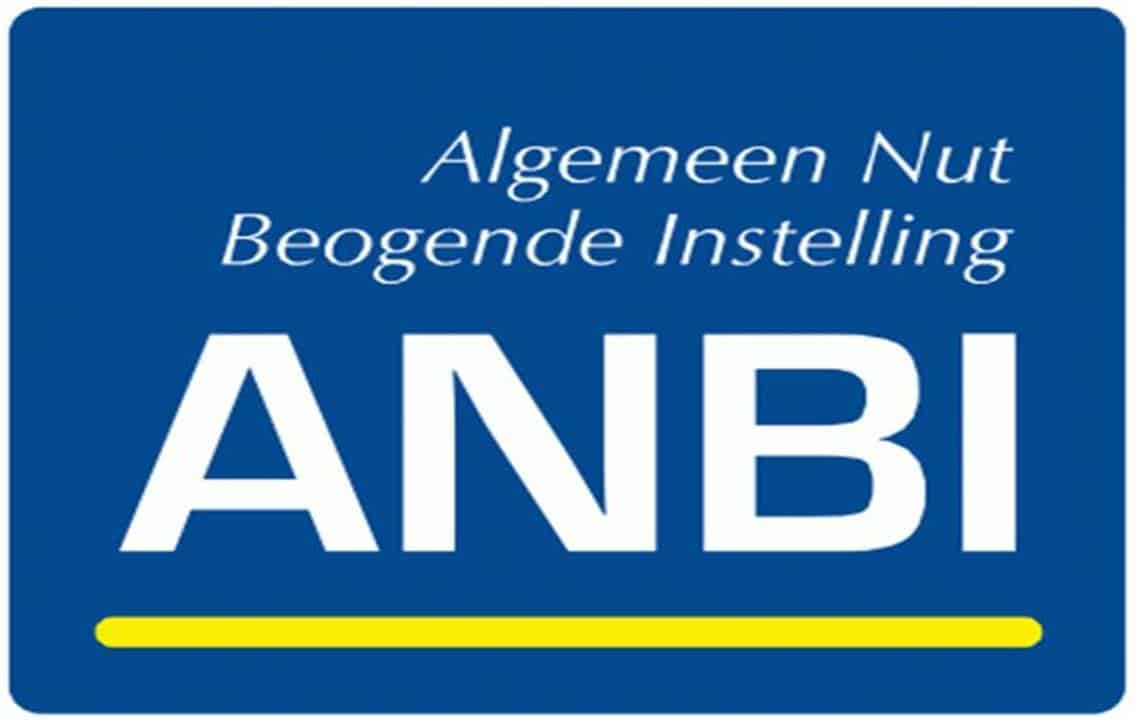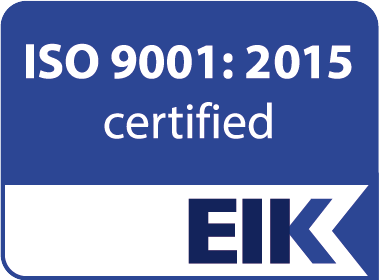Research Project in Palestine, Iraq and Egypt Gets Underway
Human Security Collective is part of a consortium that has been granted a three-year project by NWO-WOTRO under a call for ‘Comprehensive Approaches to Human Security in Fragile and Conflict Affected Settings: Transnational Dimensions’. The project aims to demonstrate the impact of a human security approach in Palestine, Egypt and Iraq that addresses the root causes of violent extremism as a transnational threat. The project kicked off with a meeting of all the consortium partners (research and practitioner) and relevant external stakeholders (national/international policymakers and representatives from academia) in The Hague between the 6th and 8th of September.
————————————————–
FATF Revises Recommendation 8
In what was a very big win for the Global NPO Coalition on FATF of which Human Security Collective is a core member, FATF revised Recommendation 8 and its Interpretive Note at its June Plenary meeting. The revision of Recommendation 8 takes out the claim that the NPO sector is ‘particularly vulnerable’ to terrorist abuse. The new language is a big improvement, and a victory for the NPO sector and its sustained advocacy on the matter. The revisions to the standard on NPOs have been incorporated into the FATF’s main recommendation document, which is online here. The text is on pp. 13 and 54-59. See here for the press release.
Interpretive Note at its June Plenary meeting. The revision of Recommendation 8 takes out the claim that the NPO sector is ‘particularly vulnerable’ to terrorist abuse. The new language is a big improvement, and a victory for the NPO sector and its sustained advocacy on the matter. The revisions to the standard on NPOs have been incorporated into the FATF’s main recommendation document, which is online here. The text is on pp. 13 and 54-59. See here for the press release.
In addition, FATF made important changes to the criteria it will use to evaluate countries’ implementation of Recommendation 8 at its recently concluded October Plenary meeting. The purpose of the changes is to make these criteria consistent with the above revision of Recommendation 8. The new methodology is found in Immediate Outcome 10 at pages 117-119 of FATF’s Methodology handbook. It adds helpful new criteria to ensure countries take a risk-based, proportionate approach to any regulation of NPOs. It implicitly recognizes the chilling impact such regulations may have by adding that they should not ‘discourage legitimate NPO activities’. The new methodology criteria will apply to future evaluations, implying that evaluations already underway will continue under the old Immediate Outcome 10. For more details visit the Non Profit Platform on FATF.
————————————————-
Projects Sanctioned and in the Pipeline: Mali and Libya
 MALI: Human Security Collective is in a consortium with Norwegian Church Aid and ICCO, due to shortly begin a project (pending final approval) titled: ‘A Human Security Approach to Address the Root Causes of Conflict and Violence in Mali’. This is a 4-year project to be implemented in the regions of Gao, Kidal and Timbuktu and funded by the Dutch Ministry of Foreign Affairs. Mali’s armed conflict stems from multiple root causes, chief among them being poor governance and the weak relationship between state and society. This is compounded by the lack of socio-economic opportunity and environmental issues among other factors. And while international and national interventions/initiatives to remedy the situation remain disconnected from local communities and their initiatives and needs, the approach of this project will be to engage with all parties in the conflict, in order to include them as part of the conflict transformation process. More on the project to follow.
MALI: Human Security Collective is in a consortium with Norwegian Church Aid and ICCO, due to shortly begin a project (pending final approval) titled: ‘A Human Security Approach to Address the Root Causes of Conflict and Violence in Mali’. This is a 4-year project to be implemented in the regions of Gao, Kidal and Timbuktu and funded by the Dutch Ministry of Foreign Affairs. Mali’s armed conflict stems from multiple root causes, chief among them being poor governance and the weak relationship between state and society. This is compounded by the lack of socio-economic opportunity and environmental issues among other factors. And while international and national interventions/initiatives to remedy the situation remain disconnected from local communities and their initiatives and needs, the approach of this project will be to engage with all parties in the conflict, in order to include them as part of the conflict transformation process. More on the project to follow.
 LIBYA: In partnership with Cordaid and Women Peacemakers Program, Human Security Collective is embarking on a three-year project (2016-19) in Libya, as part of the UN Security Council Resolution 1325 National Action Plan (funded by the Dutch Ministry of Foreign Affairs). The project is titled ‘Women’s Leadership Towards Fostering a Culture of Peace and Human Security’, and its vision is to to contribute to an enabling environment for women’s participation and empowerment in Libya. More specifically, the project hopes to:
LIBYA: In partnership with Cordaid and Women Peacemakers Program, Human Security Collective is embarking on a three-year project (2016-19) in Libya, as part of the UN Security Council Resolution 1325 National Action Plan (funded by the Dutch Ministry of Foreign Affairs). The project is titled ‘Women’s Leadership Towards Fostering a Culture of Peace and Human Security’, and its vision is to to contribute to an enabling environment for women’s participation and empowerment in Libya. More specifically, the project hopes to:
- promote the participation of women in national and international political processes,
- enable women and men at the local level to contribute in a meaningful and positive way to safer and more stable communities,
- promote policies protecting women against gender-based violence, strengthen existing policies and develop them where necessary, and
- to safeguard/increase civic space (often adversely affected by counterterrorism measures). Women’s roles in preventing and countering violent extremism will also be emphasized.
————————————————
Finding Workable Solutions to Radicalization
 Human Security Collective participated and contributed to the Hollings Center organized discussion in Amman, Jordan (October 19-23) on finding workable solutions to radicalization. Sessions included:
Human Security Collective participated and contributed to the Hollings Center organized discussion in Amman, Jordan (October 19-23) on finding workable solutions to radicalization. Sessions included:
- De-securitizing the Counter-radicalization Agenda,
- Assessing the ‘Preventive’ Paradigm,
- Discussions on the Political Landscape,
- How to Build a Counter-radicalization Strategy, and
- Peacebuilding Pathways for Governments, Civil Society and the International Community.
————————————————–
Bruges Colloquium on Terrorism, Counter-terrorism and International Humanitarian Law

 The 17th Bruges Colloquium (October 20-21) was on Terrorism, Counter-terrorism and International Humanitarian Law. Organized by the College of Europe and the International Committee of the Red Cross (ICRC), Human Security Collective was on a panel speaking about her experiences with countering and preventing violent extremism. For more details on the event, see here.
The 17th Bruges Colloquium (October 20-21) was on Terrorism, Counter-terrorism and International Humanitarian Law. Organized by the College of Europe and the International Committee of the Red Cross (ICRC), Human Security Collective was on a panel speaking about her experiences with countering and preventing violent extremism. For more details on the event, see here.
————————————————–
Turning Banks into Cops?
 In recent years, security authorities on both sides of the Atlantic have increasingly sought access to the commercial data held by banks, social media and airlines. This involves new forms of data-exchange, not just between the EU and the US, but also between the private and public sphere. What does it mean if private actors (such as banks) take on a security role? What are their responsibilities and challenges? Are we turning banks into cops? A Spui25 event with Human Security Collective’s Lia van Broekhoven along with Rocco Bellanova, Michelle Frasher, Nathanael Ali and Liat Shetret was held to discuss these and related issues. See here for more details.
In recent years, security authorities on both sides of the Atlantic have increasingly sought access to the commercial data held by banks, social media and airlines. This involves new forms of data-exchange, not just between the EU and the US, but also between the private and public sphere. What does it mean if private actors (such as banks) take on a security role? What are their responsibilities and challenges? Are we turning banks into cops? A Spui25 event with Human Security Collective’s Lia van Broekhoven along with Rocco Bellanova, Michelle Frasher, Nathanael Ali and Liat Shetret was held to discuss these and related issues. See here for more details.





